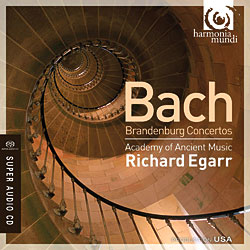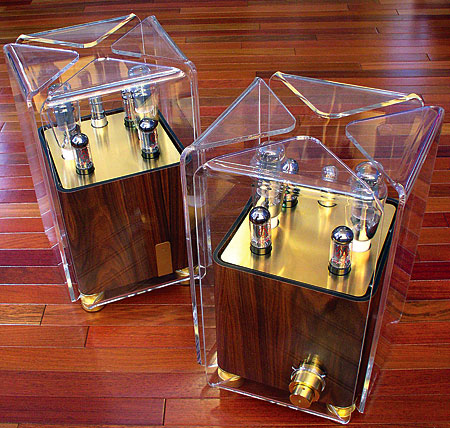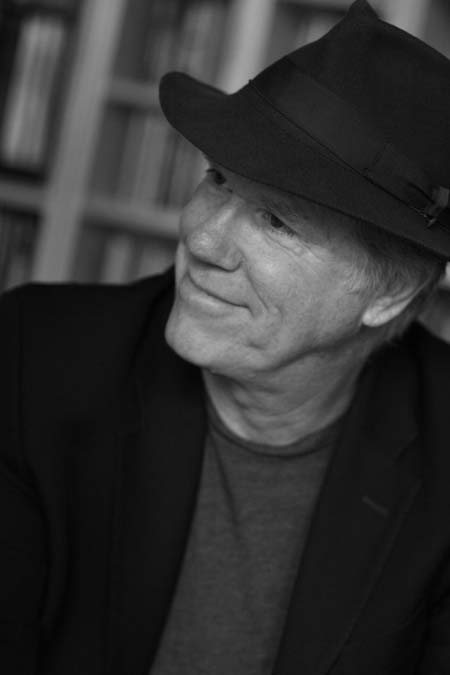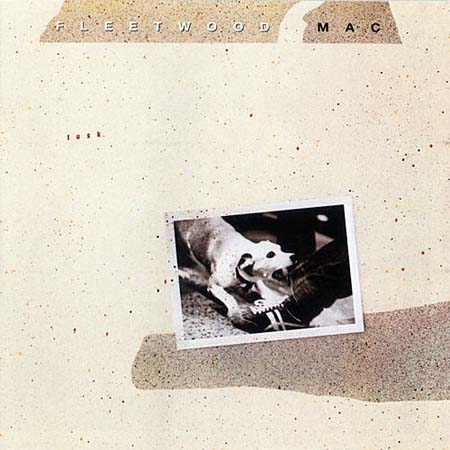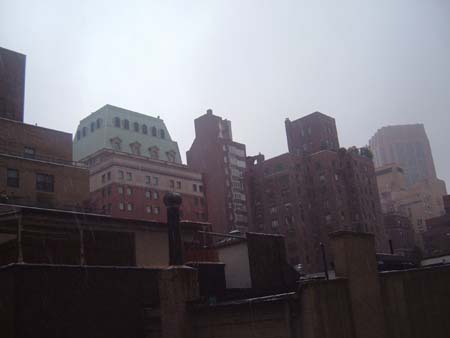Live at Otto's: a New Stereophile Jazz CD
Released in July, <I>Live at Otto's Shrunken Head</I> (STPH020-2) is the latest Stereophile CD from reviewer Bob Reina's jazz quartet, Attention Screen. Unlike the group's first CD, <A HREF="http://www.stereophile.com/musicrecordings/907att"><I>Live at Merkin Hall</I></A> (STPH018-2, released in 2007), which was recorded with multiple microphones, I captured the eight improvisations on <I>Live at Otto's</I> using a single pair of mikes.

